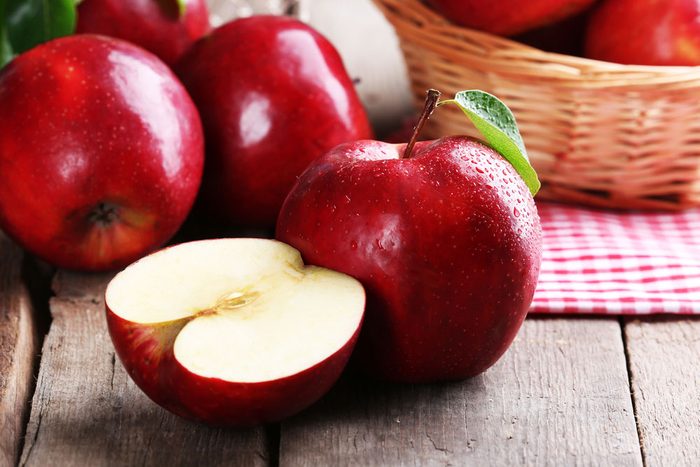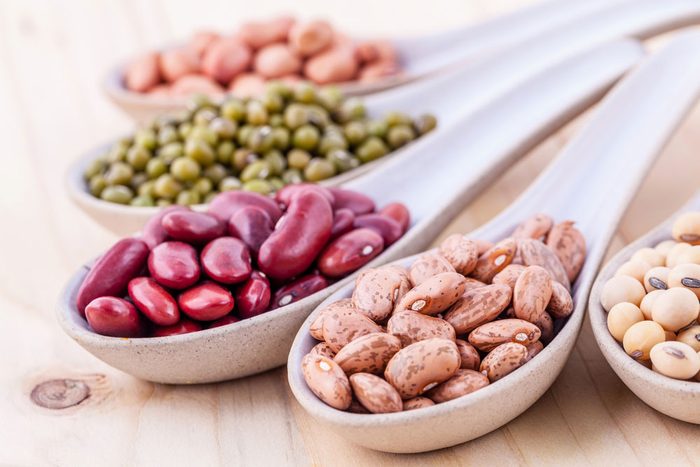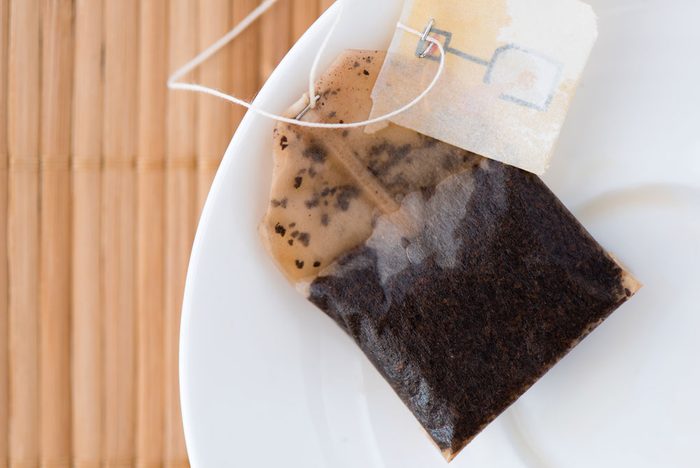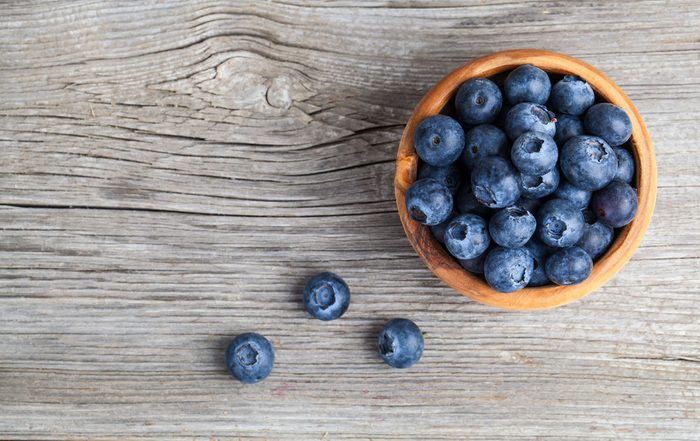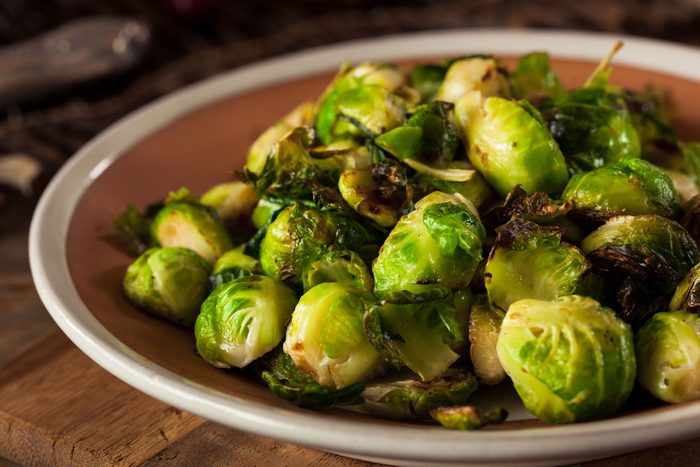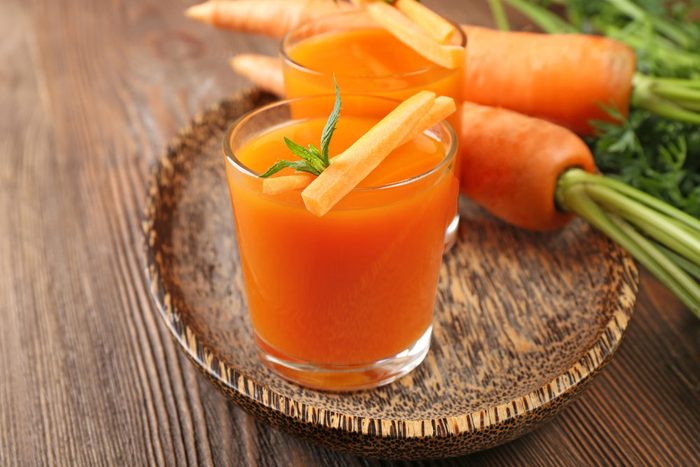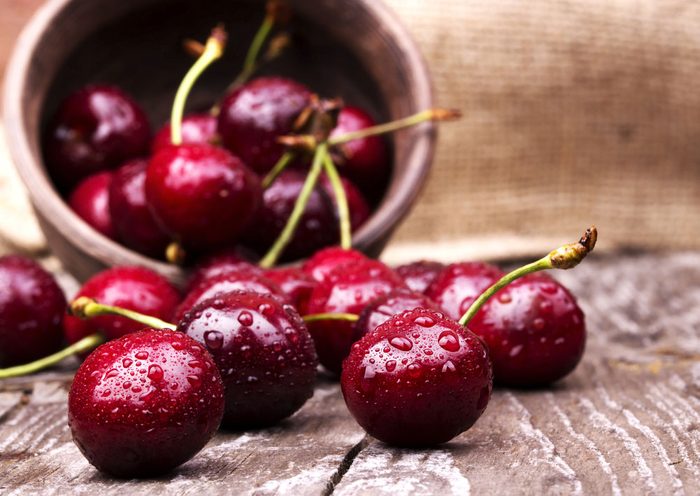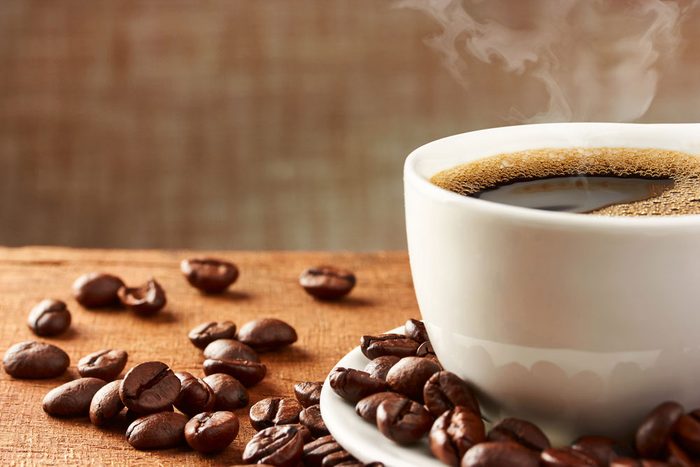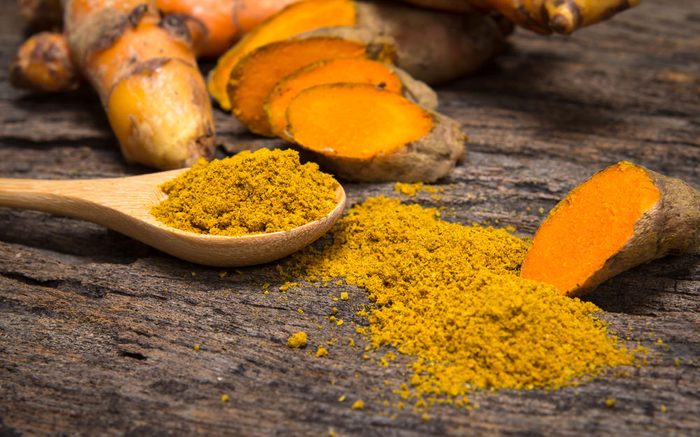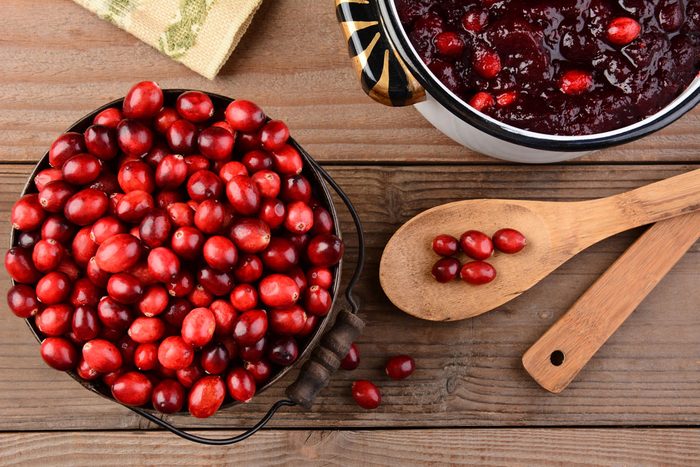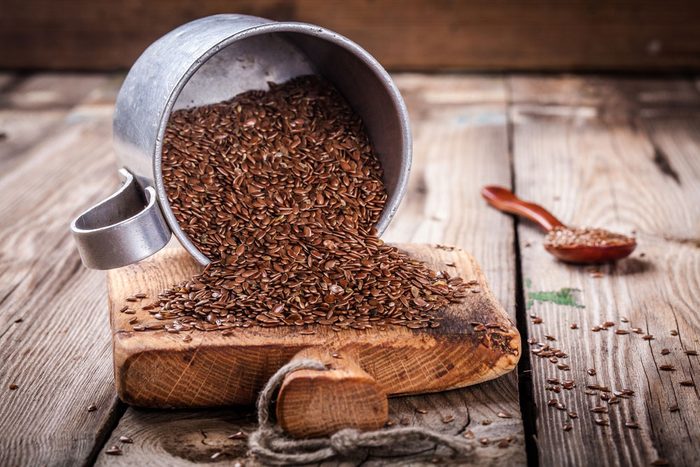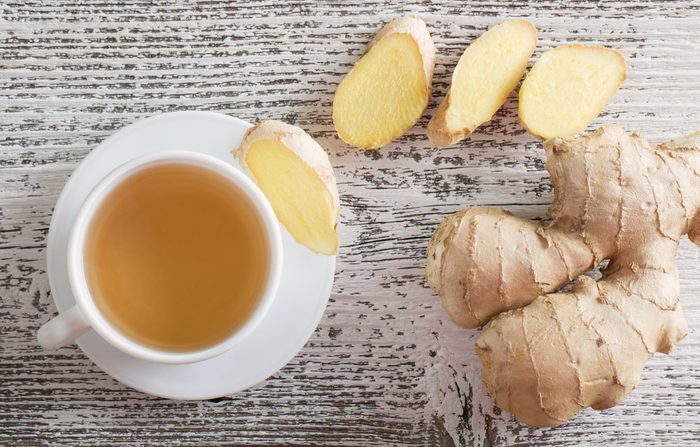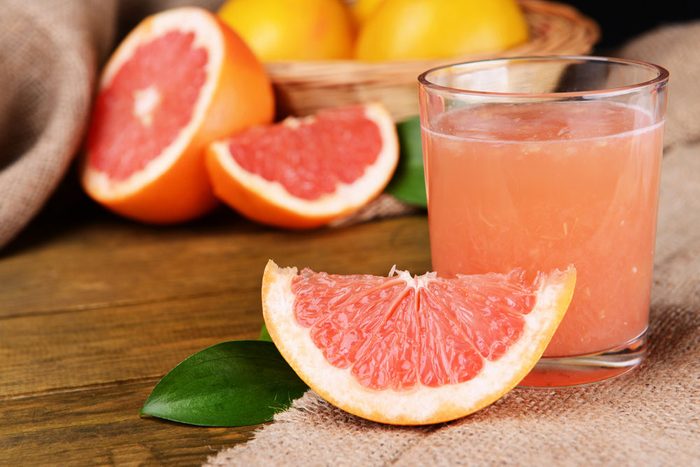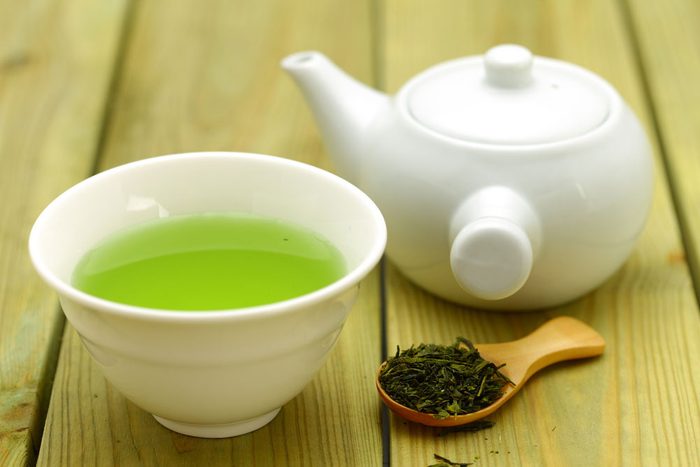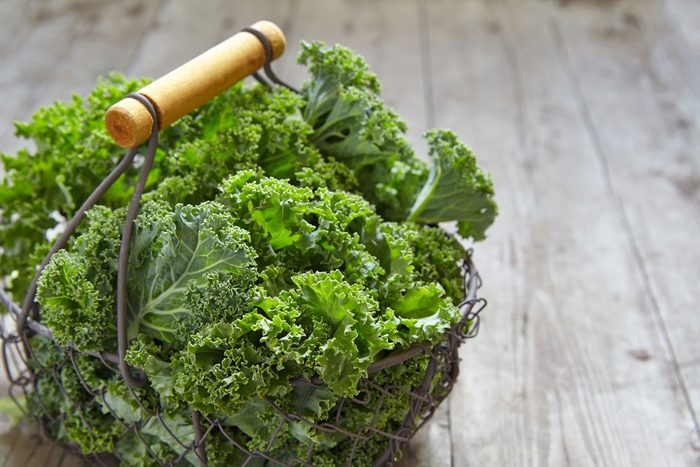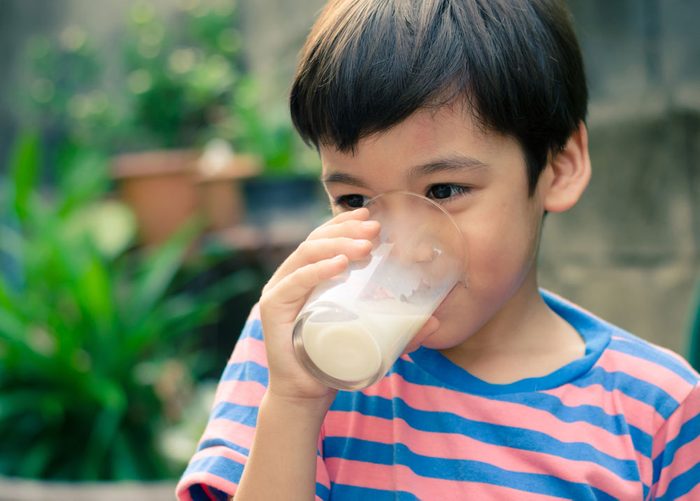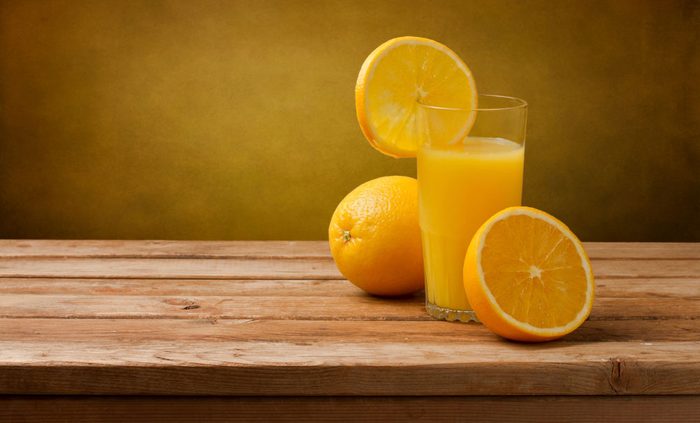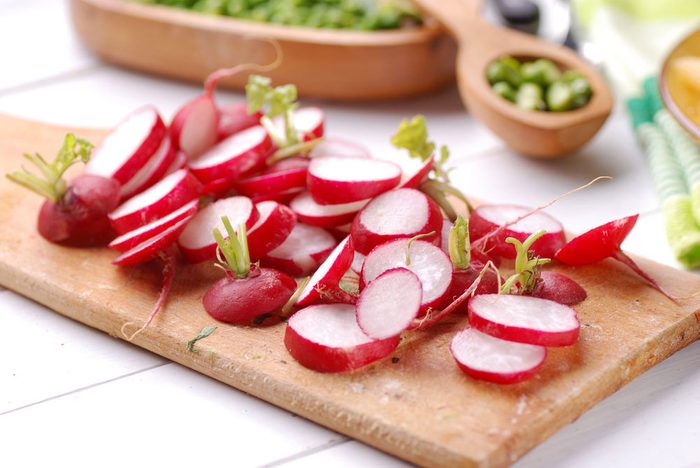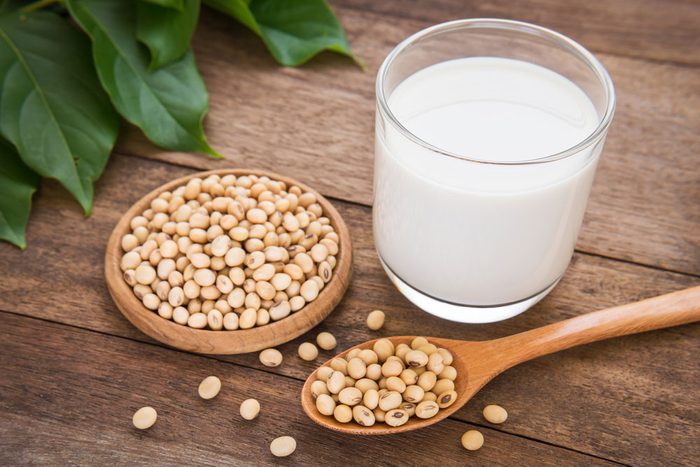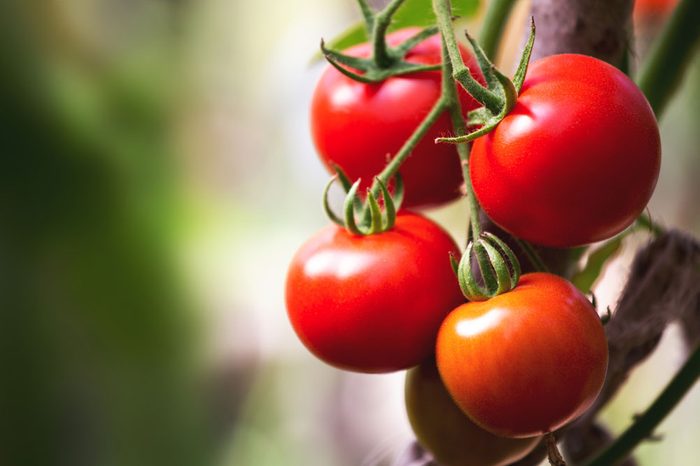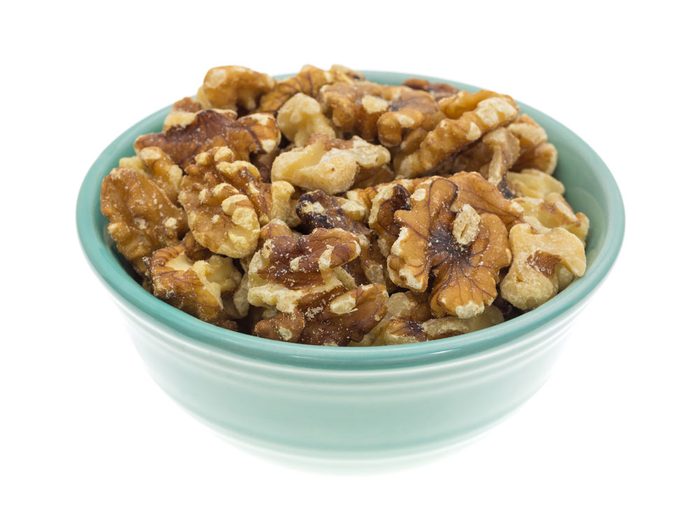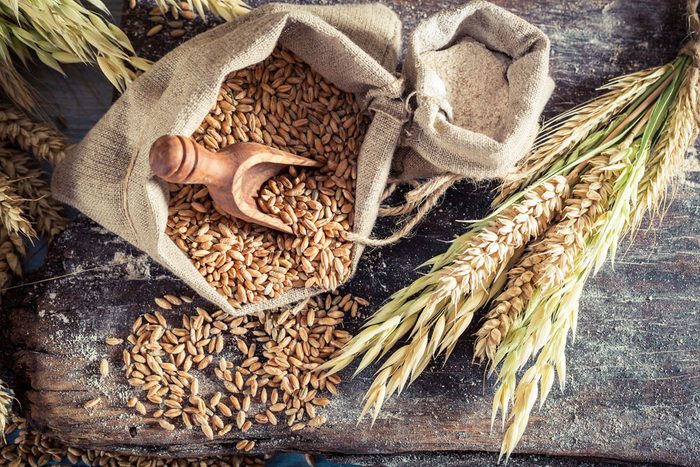Beans
These protein-rich pulses are also packed with antioxidants like kaempferol, a flavonol that early research points to as a powerful cancer fighter.
Cherries
Cherries of all kinds contain antioxidants, but tart varieties may provide higher levels. (Try our Sour Cherry Smoothie recipe.)
Curcumin
Curcumin (the bright yellow spice found in Indian dishes) has proven anti-inflammatory benefits that suppress the development of cancer cells.
Cranberries
Cranberries shouldn’t be saved for the holidays; they’re bursting with vitamin C, fibre and phytochemicals.
Flaxseed
Flaxseed is one of the top sources of dietary lignans, plant estrogens that our healthy gut bacteria convert into antioxidant compounds. Early studies have shown that a daily dose of flaxseed may help decrease cancer growth in women with newly diagnosed breast cancer and reduce the form of estrogen that seems to promote breast cancer in healthy women. Lignans may also help reduce the growth of tumours in male prostate cancer patients.
Ginger
Ginger is delicious in smoothies, soups and green tea and may be able to terminate cancer cells, too, say researchers who are currently testing it on ovarian cancer.
Grapefruit
Grapefruit is packed with cancer-fighting antioxidants like vitamins A and C, alpha-tocopherol, limonin, beta carotene and naringenin, and it’s notably one of the greatest sources of dietary lycopene.
Kale
Kale and other cruciferous veggies show cancer-killing properties in lab experiments when chopped and chewed.
Milk
Milk is fortified with vitamin D, which research suggests can curb the growth of cancer cells.
Walnuts
Walnuts offer a range of potentially protective compounds, including alpha-linolenic acid and melatonin.
Whole grains
Whole grains contain a variety of cancer-beating compounds, including fibre, lignans and phytic acid.
Related:
• 10 of the Most Nutritious Foods in the World
• 10 Detox Benefits of Cauliflower
• How to Eat for Your Age
